Google Doodle, security threats overshadow Olympic sporting events


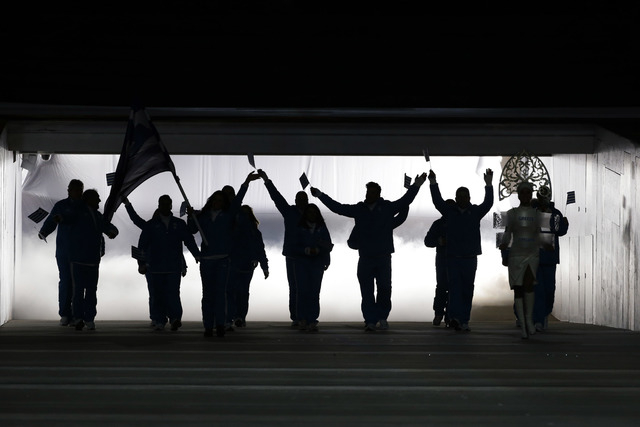
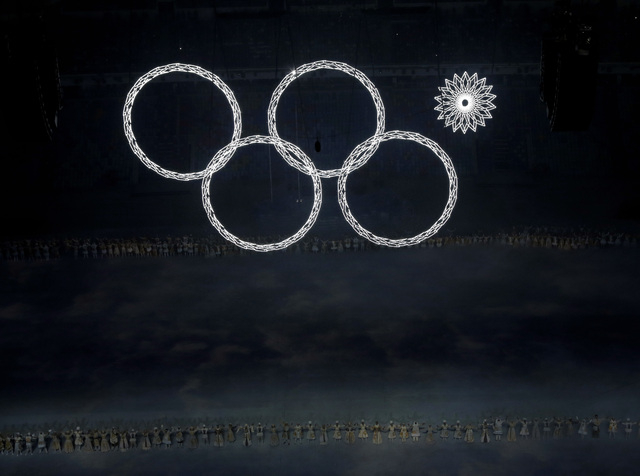
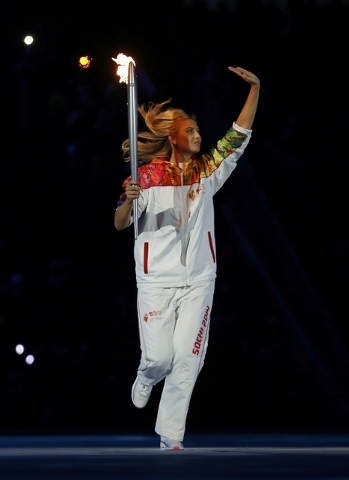



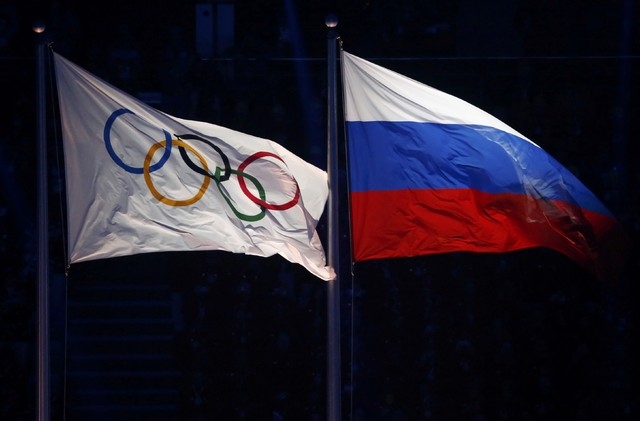

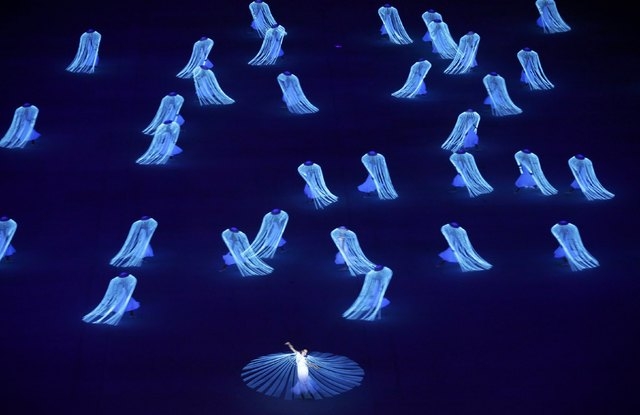

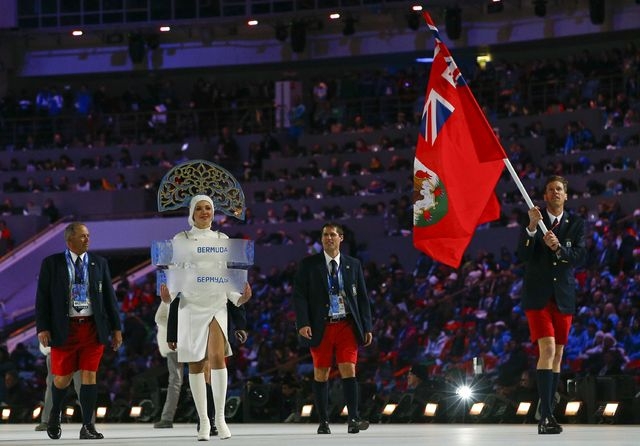









Heading into the 2014 Winter Games, athletics have largely been pushed out of the spotlight in Sochi.
With the opening ceremony underway Friday morning but not broadcast until 7:30 p.m., much of the U.S.’ attention is focused on what’s happening off the slopes. Here’s what you should know:
The torch is lit
One of the greatest goaltenders of all time and an innovative figure skater who won three straight Olympic pairs titles lit the cauldron together Friday night at the opening ceremony of the Sochi Games.
Vladislav Tretiak and Irina Rodnina were given the honor of sparking the cauldron that will burn throughout Russia’s first Winter Olympics.
They were handed the torch by Alina Kabayeva, a former Olympic champion gymnast who has been linked romantically with Russian President Vladimir Putin, although the Kremlin has denied it. Other torchbearers in the final group were wrestling great Alexander Karelin, pole vaulter Yelena Isinbayeva and tennis star Maria Sharapova.
“The center of the universe”
Just after the sun set over the Caucasus Mountains and along the seashore just outside Fisht Stadium in the wet-paint-fresh Olympic Park, Russian TV star Yana Churikova shouted to a crowd still taking their seats at the opening ceremony: “Welcome to the center of the universe!”
For the next two weeks, it certainly is for the 3,000 athletes who will compete in 98 events, more people and contests than ever at the Winter Games.
The opening ceremony and subsequent games are Russia’s chance to tell its story of post-Soviet resurrection to the world, and dispel the anger, fear and suspicion that has marred the buildup to these most expensive Olympics ever.
The ceremony was a celebration of Russia and presented Putin’s version: a country with a rich and complex history emerging confidently from a rocky two decades and now capable of putting on a major international sports event.
Reported hijack attempt
A Ukrainian passenger on an Istanbul-bound flight Friday claimed there was a bomb on board and tried to hijack the plane to Sochi, Russia, where the Olympics are kicking off, an official said.
The plane from Kharkiv, Ukraine, landed safely at Istanbul’s Sabiha Gokcen airport, but 110 passengers are still on board and authorities are trying to convince the alleged hijacker to give himself up, Habib Soluk, the country’s Transport Ministry undersecretary, told NTV television.
The station reported the man had been subdued, but there was no immediate confirmation of that. The Interfax news agency cited the Ukrainian Security Service, the country’s main security agency, as saying the passenger who tried to hijack the plane was in a state of severe alcohol intoxication. It also said he has been pacified, and no weapons or explosives were found on him, but it was not clear where the information was coming from.
With about 100,000 police, security agents and army troops flooding Sochi, Russia has pledged to ensure “the safest Olympics in history.” But terror fears fueled by recent suicide bombings have left athletes, spectators and officials worldwide jittery about potential threats.
Google makes a statement
Google Inc. quietly but vibrantly added its voice Thursday to the chorus of U.S. companies speaking out against Russia’s law restricting gay-rights activities by updating its iconic search page logo to depict illustrations of athletes skiing, sledding, curling and skating against a rainbow-colored backdrop.
The company declined to comment on the new Google Doodle that appeared on its home pages worldwide, saying it wanted the illustration to speak for itself. But the logo clearly was meant as a show of support for gay rights and a rebuke of the law that bans pro-gay “propaganda” that could be accessible to minors: below the updated logo appears a two-sentence section of the Olympic charter that reads, in part, “The practice of sport is a human right. Every individual must have the possibility of practicing sport, without discrimination of any kind.”
Although Google is not an Olympics sponsor, its action came a day after three sponsors of the U.S. Olympic Committee – AT&T, DeVry University and yogurt maker Chobani – issued statements explicitly speaking out against the Russian law.
Yogurt crisis
U.S. Olympians will have to make do without the team’s official yogurt – depriving them of a source of protein and potentially disturbing their daily routines as they prepare for the biggest competition of their lives.
Some 5,000 cups of Greek yogurt from Team USA sponsor Chobani isn’t getting to Sochi because of a customs dispute with Russia.
Russian authorities say the U.S. Department of Agriculture has refused to provide a certificate that is required for dairy products under its customs rules.
U.S. Sen. Charles Schumer this week implored the Russians to let the shipment through and said export trade rules should have nothing to do with it, since the yogurt isn’t for sale and is to be eaten only by U.S. citizens in Sochi.












